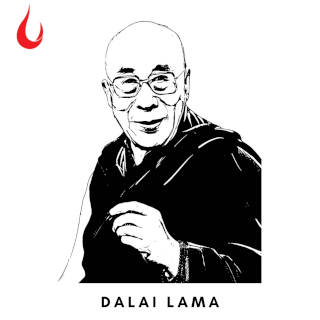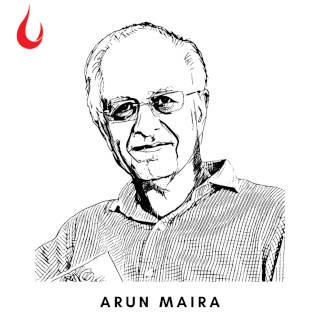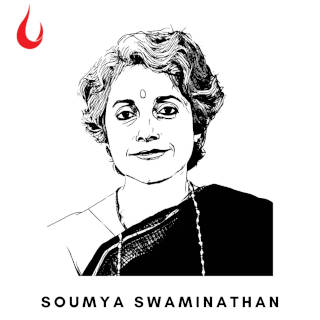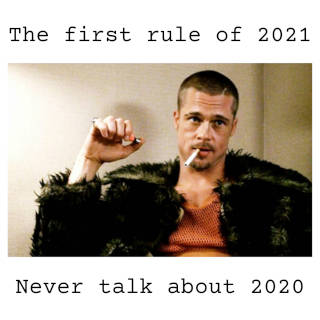[Image by Sasin Tipchai from Pixabay]
Good morning,
We are so happy to be back after the year-end break. Hope you had a joyful New Year, and we wish you and loved ones a happy, healthy and prosperous 2021.
In Kindness, Clarity, and Insight, The Dalai Lama offers this advice that’s true for all times, especially now.
“First we must help; later we can talk about the causes, the politics that led to their tragedy, and so forth. There is an Indian saying: If you are struck by a poisonous arrow, it is important first to pull it out; there is no time to ask who shot it, what sort of poison it is, and so on. First handle the immediate problem, and later we can investigate. Similarly when we encounter human suffering, it is important to respond with compassion rather than to question the politics of those we help. Instead of asking whether their country is enemy or friend, we must think, ‘These are human beings, they are suffering, and they have a right to happiness equal to our own.’

“We are not lacking in terms of the development of science and technology; still, we lack something here in the heart—real inner warm feeling. A good heart is needed.”
“With the basic understanding of all humans as brothers and sisters, we can appreciate the usefulness of different systems and ideologies that can accommodate different individuals and groups that have different dispositions, different tastes. For certain people under certain conditions, a certain ideology or cultural heritage is more useful. Each person has the right to choose whatever is most suitable. This is the individual’s business on the basis of deep understanding of all other persons as brothers and sisters.
“Deep down we must have real affection for each other, a clear realization or recognition of our shared human status.”
In this issue
- Why we should aspire for a new decentralised economic model
- Soumya Swaminathan reflects on the pandemic
- The first rule of 2021
Have a great day and week ahead!
Why we should aspire for new decentralised economic model
In his latest essay, Arun Maira picks up four best books he read in 2020, distilling the core message into a worthy New Year resolution for 2021. Our collective resolution for the New Year, he writes, “must be to recouple the economy with humanity, and technology with ethics.”

“It’s the time to look back at the year that has passed, and to look ahead to a new one.”
One of his picks gives us both the direction and possible difficulties one might face. The book is The Web of Freedom: J.C. Kumurappa and Gandhi’s Struggle for Economic Justice by Venu Madhav Govindu and Deepak Malghan, academics with the Indian Institute of Science and the Indian Institute of Management in Bangalore.
Maira writes: “In the chapter titled India Adrift the authors record how Kumurappa and Gandhi’s strategy for bottom-up development of India’s economy was rejected by Jawaharlal Nehru’s government which adopted, instead, a strategy of developing the economy top-down from the ‘commanding heights’, with big factories, big dams, and large organizations. Kumurappa pointed out that both, the Soviet model as well as the Western capitalist model, were top-down models in which the means of production are owned by people at the top—in one case capitalists and in the other bureaucrats. Workers have little room for exercising enterprise in both systems. Moreover, they remain wage workers: the wealth created by their work accumulates elsewhere. Whereas in Gandhi’s and his model, the workers would be the owners of their own enterprises and wealth creators for themselves.
“Sadly, ‘Kumurappa has suffered from neglect both during his lifetime and for many decades since, primarily due to the dominance of the ideologies he had vehemently opposed. Mainstream economists can scarcely countenance an upstart who sought to inject moral arguments into economic thought,’ Govindu and Malghan say.”
Dig Deeper
Soumya Swaminathan reflects on the pandemic
In an essay in Nature, Soumya Swaminathan, chief scientist of the World Health Organization, reflects on the year of pandemic and on what needs to be done going forward. It has lessons for everyone.

“In many ways, the pandemic has driven the WHO’s Science Division to work out how to do what it was meant to do—only much faster.”
Swaminathan writes: “As I have sought ways to make good decisions quickly, the lesson that repeats itself is how important it is to have thoughtful plans prepared and in place. The countries that have best protected the lives and livelihoods of their citizens have also demonstrated strong, compassionate leadership, at political and technical levels, and generally have health-care systems that engage local and global communities. These qualities require long-standing investments in people and relationships, as well as in research and development.
“Not coincidentally, I have also seen the value of listening and two-way communication. Scientists talk to each other, but too often leave others behind. Citizens want to know what the evidence is, and that includes explaining gaps or mistakes. The vetting networks and committees that the WHO has established have the added benefit of letting us know what people are thinking and talking about on the ground, and what messages are or are not getting through.”
Dig Deeper
The first rule of 2021

(Via WhatsApp)
Agree?
Tell us what you think and find noteworthy. Head over to our our Slack channel.
And if you missed previous editions of this newsletter, they’re all archived here.
Bookmark Founding Fuel’s special section on Thriving in Volatile Times. All our stories on how individuals and businesses are responding to the pandemic until now are posted there.
Warm regards,
Team Founding Fuel
(Note: Founding Fuel may earn commissions for purchases made through the Amazon affiliate links in this article.)

